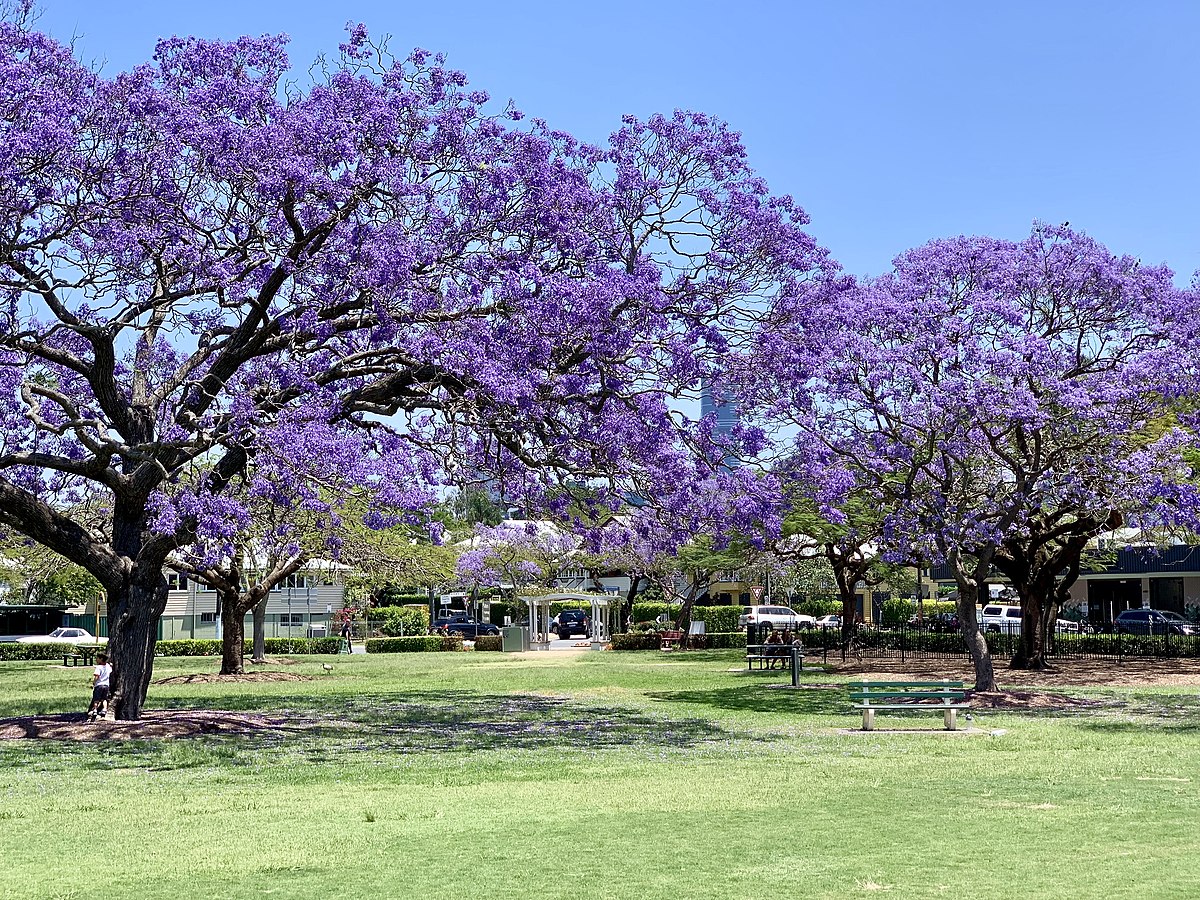For the privilege of sharing a common favorite book and an interest in natural history with the noted British author John Fowles, I earned a book hurled at my head.
Not by Fowles!
It began with Wiwaxia and ended with the jacarandas and a cup of tea.
My aunt, I told Fowles as we walked among the beautiful jacarandas in bloom on the Chapman University campus, always had loved these trees. Although their purple flowers always draw comment and interest, their pods were what she had loved so.

The pods are like purses, or perhaps herbaceous oysters. They’re strong and durable.
Fowles’ voice was soft and he spoke carefully, with a bit of sibilant whistle with some of his “esses.” I’m sure this is a British mark of something … but he wasn’t the least bit “crusty” (as in upper-crust). He was down-to-earth and courteous.
He was curious, almost relentlessly so.
He asked about the many rabbits on campus — escaped from labs ages before.
He asked about the large flock of green parrots — escaped pets, now breeding in large numbers (as did the rabbits).
He asked about the jacarandas. I had always thought this tree was from Australia, as were the many varieties of gum and eucalyptus we see everywhere around Southern California. But it turns out that jacarandas are from Argentina and in the wild, they are regarded as a threatened species.
But they are planted as landscape trees around the world and their purple flowers rival cherry blossoms for beauty.
I’ve been going over my work today and thinking, “Fowles treated me as an equal.”
Because he was egalitarian? Perhaps. Fowles is the author of one of the least-objectionable of the “man kidnaps, rapes, and tortures young woman” books, his first bestseller, The Collector. At the time I was walking with this man on the Chapman University campus, it hadn’t yet dawned on me that this type of literary subject might represent an extreme form of toxic patriarchy and that sane people might not regard such a tale as a subject for light reading prior to bedtime.
That issue was never raised at the time, not in any seminar where I was present, and not between Fowles and me.
We talked about Wonderful Life, a mutual book favorite of ours, written by the late (both men dead, now) Stephen Jay Gould. This book tells the story of the discovery and interpretation of the Burgess Shale animals, and Fowles had just returned from a trip to Canada to see the Burgess Shale with his own eyes. He wrote about other fossils, those found on the beach at Lyme-Regis. Collecting and studying these fossils formed a significant part of the story of The French Lieutenant’s Woman, which was made into a well-received film in the 80s starting Jeremy Irons and Meryl Streep.
I insisted that Hallucigenia was groovier than Wiwaxia, although now, I’m no longer sure. What do you think?

Fowles read some of my work and pronounced it good.
He spoke with me some about being a writer.
He said, “You must always do what you do for yourself first and only. Never do what others want or demand.”
He signed one of several of his first editions, and a few not-first, to me. I took those with me in my single box of books when we moved to Florida.
I’m reading something of mine today, preparing it for publication.
In book form.
And I saw something else, as well.
Via social media, a young woman asked, “Are you proud of your skin color?”
I understand the reason why the question was asked, and though my answer to that question is “No,” I ask myself the question, “Are you proud of your work?”
The work I’ve done for a lifetime.
And to this, my answer, is “Yes.”
And I think, now that I am ten years younger than the 70-year-old Fowles was when he walked with me on that long-ago day on that far-away campus,
He was right.
I’ll never know why Fowles wrote The Collector. I see some material online that says he wrote it to “Fulfill a boyish fantasy of imprisoning a woman.” I hope that’s not really the case; certainly there was little to nothing of this left in the kind, thoughtful, gentle older man I walked and talked with.
He seemed to me to have been a man who had grown tremendously throughout his life. A thoughtful man, interested in the world around him and all of its creatures. All of life.
“You must always do what you do for yourself first and only. Never do what others want or demand.”
It seems like such simple, easy advice to follow.
So it seems.
The truth, would be quite the opposite.

